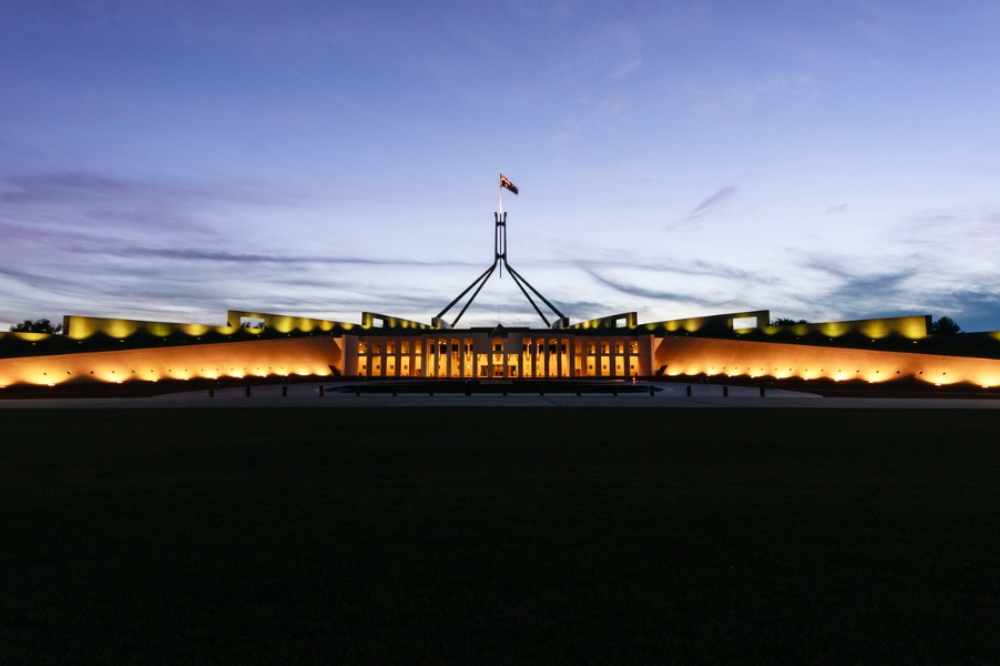
Since 2004, the National Assessment Program - Civics and Citizenship (NAP CC) assessment has tested a random sample of Year 6 and 10 students every three years. While experts have long stressed the importance of this subject on young people’s understanding of government, democracy, law and diversity, student outcomes in this subject have been declining in recent years.
In May this year, Joint Standing Committee on Electoral Matters sought to address this by holding the first public hearing for its inquiry into civics education, engagement, and participation in Australia.
At the top of the Committee’s agenda was to investigate how civics forms part of the Australian curriculum, and examine the importance of media literacy, and listening to the voices of young people about how best to improve civics education.
However, one academic says the most meaningful changes will come from explicitly delivering and embedding this critical subject into the wider Australian curriculum.
Dr David Roy is a lecturer and researcher in Education and Creative Arts at the University of Newcastle. He says despite being required to be embedded in the syllabi across the nation, particularly in year 7, there is a paucity of depth in school students’ civic and citizenship knowledge and awareness.
“A shallow patriotic pride is not the same as a fundamental knowledge depth of our place as citizens and responsible community members,” Dr Roy told The Educator.
“There has been a continuing decline in proficiency in the NAP CC for Year 10, to below 40%. This was also clear in the fact that 24% of Year 10 students thought governments determine referendum results.”
Dr Roy says outcomes like these suggest “a clear gap in awareness” of civics and citizenship in Australia’s school classrooms.
“As shown through research that the population is insufficiently equipped to fulfil its constitutional role in updating our constitution,” he said.
“At the NSW Parliamentary Budget Estimates for Education in August 2024, Paul Martin, Chief Executive of NESA stated, ‘We haven’t dealt well with civics and citizenship’.”
Dr Roy said while there are some mandatory elements in K-6 and 7-10, it is “patchwork”, with areas such as the Magna Carter and referenda.
“Civics and Citizenship content is presented as elective elements in Commerce and it does sit within History, depending on which part of History you undertake,” he said.
“The Department of Education noted that materials to support teachers in this area are being developed and that almost all students do attend a Canberra Parliament excursion in Primary school, but clear specifics of what content is delivered and to how many students was not made clear.”
Dr Roy said evidence from Parliamentary members suggests that if Civics and Citizenship is being taught, many students do not realise or retain such information.
“Civics and Citizenship needs to be explicitly delivered and potentially embedded into the wider curriculum, by ensuring that the knowledge focussed curriculum moves beyond shallow national pride to fundamental democratic critique,” he said.
Dr Roy said this can be embedded though critical thinking skills and using the principals of democracy as topic stimulus in multiple subject areas, from English and history through to the Arts and technology.
“If we want future generations to progress Australia, it might be beneficial to give them the tools and understanding as how to improve society, unless of course we wish to maintain the status quo through deliberate ignorance of the systems that enact change.”


